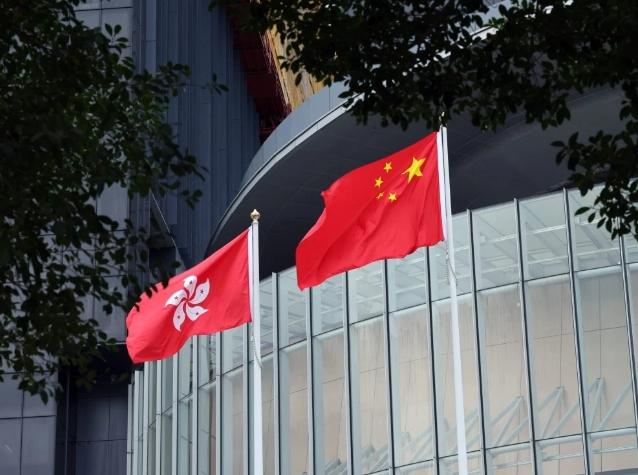Washington is likely to send a strong message that Hong Kong companies could face hurdles when investing in the United States if a new bill aimed at shutting down the city’s trade offices becomes law. However, experts suggest the move may not significantly impact Hong Kong’s economy in the short term.
The Hong Kong Economic and Trade Office Certification Act, passed by the US House of Representatives on Tuesday, is expected to be signed into law by President Joe Biden, given the current bipartisan consensus on anti-China policies. The law mandates a review of Hong Kong’s Economic and Trade Offices (ETOs) in New York, San Francisco, and Washington, with a focus on whether these offices maintain a “high degree of autonomy” from China. Should they fail to meet this criterion, they will be stripped of their diplomatic privileges.
President Biden will have 30 days after the law takes effect to decide whether to decertify the trade offices, after which they would be forced to close within 180 days.
Economist Kevin Tsui Ka-kin, co-founder of the local think tank Pagoda Institute, emphasized that the bill is “more symbolic” than directly damaging to Hong Kong’s economic interests. The legislation is seen as part of a broader geopolitical strategy targeting China’s influence, but it may not immediately affect the city’s financial stability or trade relations.
Analysts argue that while the move reflects growing tensions between the US and China, Hong Kong’s broader economy, which is closely tied to mainland China, is unlikely to experience substantial disruptions solely due to this bill.

